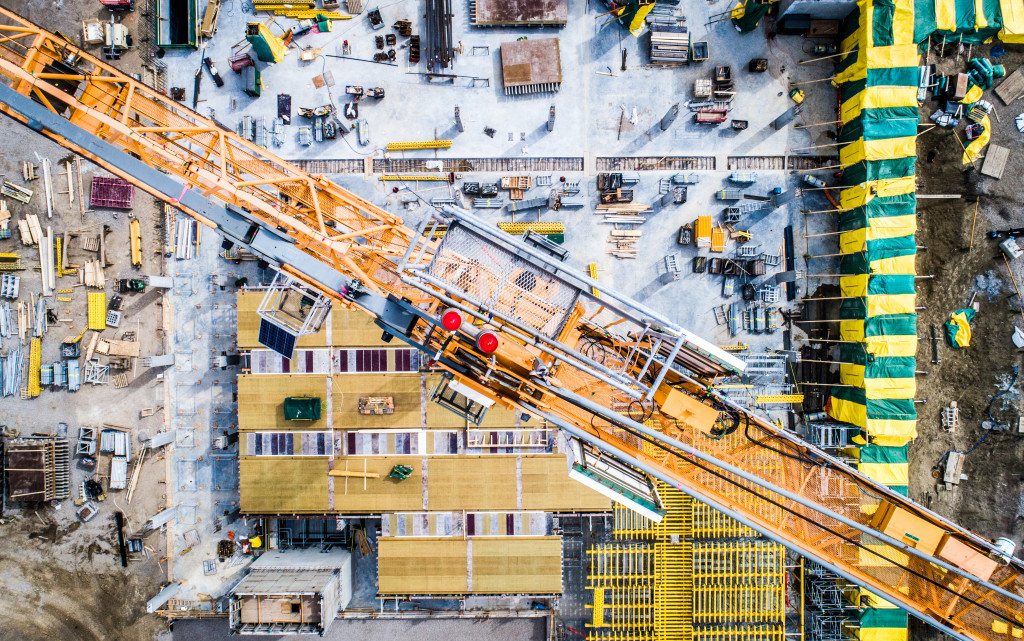When you are ready to build your commercial property, you must avoid any potential issues. The construction process can be complicated, and many things can go wrong. These things can cost you time and money, so you must be aware of them before you start. However, if you take the time to plan and prepare, you can reduce the risks and set your project up for success. This blog post will share tips on avoiding issues when building a commercial property structure. Read on to learn more.
1. Understand the Zoning Laws and Requirements in Your Area
Before you begin the construction process, it is crucial to understand your area’s zoning laws and requirements. You must ensure that your property complies with all the local regulations. If you do not, you could face delays or even have to stop the construction process altogether. To avoid this, do your research and talk to an experienced real estate attorney who can help you navigate the zoning laws in your area.
Some common zoning issues to be aware of include:
- Setbacks: The minimum distance your building must be from the property line.
- Height restrictions: The maximum height your building can be.
- Land use: The type of activities allowed on the property.
Depending on the zoning regulations in your area, you may need to obtain a variance or special permit before you can begin construction. Always check with your local zoning office to find out what is required.
2. Choose the Right Contractor
Choosing the right contractor is one of the most important decisions you will make when building a commercial property. The contractor will oversee the construction project and ensure it is completed on time and within budget. To choose the right contractor, get referrals from trusted sources, such as friends or family members who have recently built commercial property.
Once you have a few contractors in mind, schedule interviews and ask each one about their experience, qualifications, and cost estimates. Be sure to also get everything in writing before you sign a contract. It would help if you also considered consulting an experienced real estate developer to help select the right contractor for your project. They will know what to look for and can help you avoid potential pitfalls.
3. Create a Detailed Construction Budget
Another way to avoid issues when building a commercial property is to create a detailed construction budget. This budget should include all the project costs, such as materials, labor, permits, and inspections. Once you have made a budget, stick to it as much as possible. It is also a good idea to add a contingency fund to cover any unexpected costs that may come up during the construction process.

If you are working with a contractor, they should be able to provide you with a detailed estimate of the project costs. However, it is always a good idea to get multiple estimates to ensure you get the best price. You can also use online tools, such as the Construction Cost Calculator, to accurately assess your project costs.
4. Obtain the Necessary Permits
Before beginning construction, you must obtain the necessary permits from your local building department. These permits are required by law and ensure that your property meets all the safety and code requirements. The permit process can be complex, so it is crucial to work with a qualified contractor to help you obtain the necessary permits.
You should also be aware that the construction permit process can take several weeks or even months to complete. So, it is vital to start the process as early as possible. Some standard permits that may be required for your project include a building permit, electrical permit, plumbing permit, and HVAC permit. If you are unsure which permits you need, your local building department can help you.
5. Inspect the Property Regularly
During the construction process, it is important to inspect the property regularly to ensure that the work is being completed according to plan. If you notice any issues, such as structural problems or code violations, address them immediately. It would be best if you also had a professional inspector conduct a final inspection of the property before you move in.
This will help you avoid potential problems down the road and ensure that your property is safe and up to code. You can also avoid potential issues by having a qualified contractor oversee the construction project from start to finish. They can spot any potential problems and address them before they become big issues.
Building a commercial property can be complicated, but there are ways to avoid potential issues. Be sure to understand the zoning laws in your area, choose the right contractor, and create a detailed construction budget before you begin the construction process. You must also obtain the necessary permits and regularly inspect the property during construction. Following these tips can help ensure that your commercial property is built safely and up to code.

